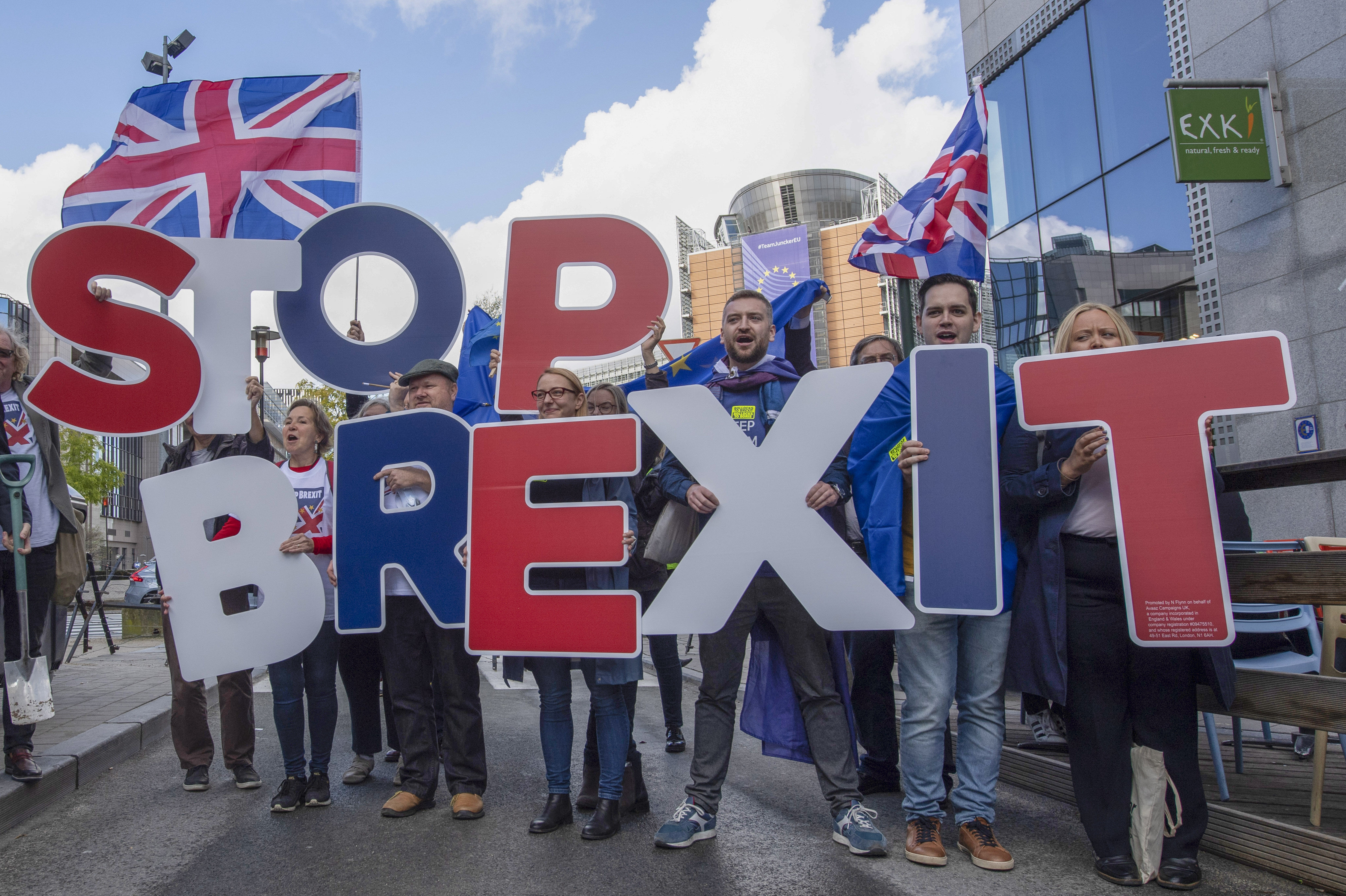Brexit
Why Brexit will not happen and how the European Parliament might help

This article was published first at Parliament Magazine before the European Council takes place.
As the results of the UK’s 2016 referendum came in, my strong sense was - and remains - that Brexit will not happen. To confirm such a sentiment in a week in which Boris Johnson triumphed at the European Council might appear to invite ridicule. Yet the fundamentals remain unchanged.
First, the referendum result was too close and too uneven to reflect in any sense a settled will of the people of the UK. Two of the Union’s constituent nations voted to remain. London voted heavily in favour of staying within the EU, some rural areas strongly against. Many Brits living abroad were denied the right to vote: many young people were too apathetic to exercise it. All recent opinion polls suggest there is a majority in favour of continued membership, which may indeed always have been the case.
Second, to extricate a member state from 40 years of EU treaties is a hugely complicated task. It could work only if all those who favoured Brexit agreed on one alternative to the current arrangements. Yet some wished to leave ‘political Europe’ but to remain in ’economic Europe’ (the Norway option); some to leave the single market but remain in the customs union (Turkey), and others to pull up the drawbridge and look west. Theresa May tried to find a middle path around which she could unite all factions of her party and failed.
Third, the Leave campaign was spearheaded by figures such as Johnson, Gove and Farage. They undoubtedly appealed to voters fed up with their lot and seeking to protest about ills largely unrelated to EU membership. Yet many voters, having enjoyed their protest but watching with concern its economic consequences, are thinking more seriously about the UK’s future. Some consider the referendum’s leaders untrustworthy figures at best. When the chips are down they are unlikely to lend them their support.
As the Conservative Party has become ever more insistent on departure at all costs, MPs have crossed the floor of the House of Commons to join the clearly pro-EU Liberal Democrats. The UK’s Prime Minister no longer enjoys a majority in Parliament, even with the support of Northern Ireland’s Democratic Unionist Party. He may still succeed in snatching a deal from the jaws of defeat only to find that the UK’s parliament sends him packing. Much would depend on the Labour Party’s MPs, some of whom favour leaving.
Perhaps this is where the European Parliament takes centre stage. The rights of continental EU citizens in the UK are under threat. On Saturday 19 October, over one million UK citizens will march through London to show their support for staying in the EU. Six million have signed a petition calling for the revocation of the Article 50 letter. Associations representing the major Industrial, social and civil society interests have pointed to the further damage Brexit will cause. If a tired Britain secures agreement this week from frustrated EU partners and a weary UK Parliament gives its assent, the European Parliament could yet insist that everyone’s best interests would be served by a second referendum.
Sir Graham Watson is a Member of the European Economic and Social Committee. An MEP from 1994 to 2014, he chaired Parliament’s LIBE Committee (1999-2002) and led its Liberal Group (2002-09). He served as President of the ALDE Party from 2011 to 2015.
